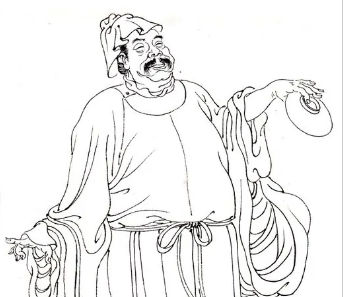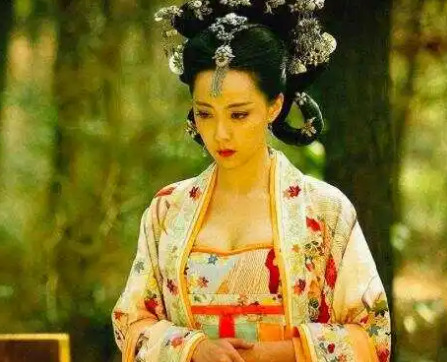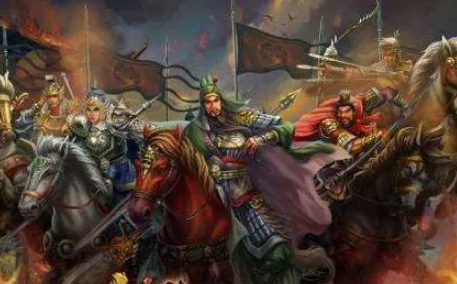In the long history of China, the Liao and Jin dynasties were an era of multi-ethnic integration. During this period, many Han Chinese lived under the rule of Liao and Jin. So, how did these Han Chinese view the Song Dynasty at that time? What were their emotions?

I. Living Conditions Under Liao and Jin Rule
Under the rule of Liao and Jin, the living conditions of Han Chinese varied. Some areas maintained relative autonomy, while others were subjected to strict control. Despite many difficulties, many Han Chinese still tried to adapt to the new living environment and seek peaceful coexistence with the Liao and Jin rulers and local people.
II. Cognition and Emotions Towards the Song Dynasty
For the Han Chinese at that time, the Song Dynasty undoubtedly held a strong symbolic significance. As a unified dynasty established by Han Chinese, the Song Dynasty was regarded as a representative of Chinese culture. Therefore, many Han Chinese had a special emotional identification with the Song Dynasty, viewing it as a symbol of "orthodoxy". However, due to long-term wars and ethnic conflicts, these emotions also carried a certain complexity.
III. Attitudes and Expectations Towards the Song Dynasty
Among the Han Chinese under Liao and Jin rule, some held strong loyalty and expectations towards the Song Dynasty. They hoped that the Song Dynasty could restore its former glory and reunify China. At the same time, there were also some who held reservations about the Song Dynasty. They believed that the Song Dynasty had made mistakes in handling ethnic issues, leading to continuous wars. Therefore, they held a cautiously optimistic attitude towards the future of the Song Dynasty.
IV. Conclusion
Overall, the Han Chinese under Liao and Jin rule had complex emotions towards the Song Dynasty. They identified with the traditional Chinese culture represented by the Song Dynasty, but also held reservations about its handling of ethnic issues. This complex emotion reflected the ethnic relations and social conflicts under the historical background at that time.
Summary:
History is complex and diverse, and each era has its unique background and the fate of characters. The emotions of Han Chinese towards the Song Dynasty during the Liao and Jin periods remind us that when evaluating history, we need to consider various factors, including ethnic relations, social conflicts, and personal experiences. Only by doing so can we better understand the process of history and the fate of characters.
Disclaimer: The above content is sourced from the internet and the copyright belongs to the original author. If there is any infringement of your original copyright, please inform us and we will delete the relevant content as soon as possible.































